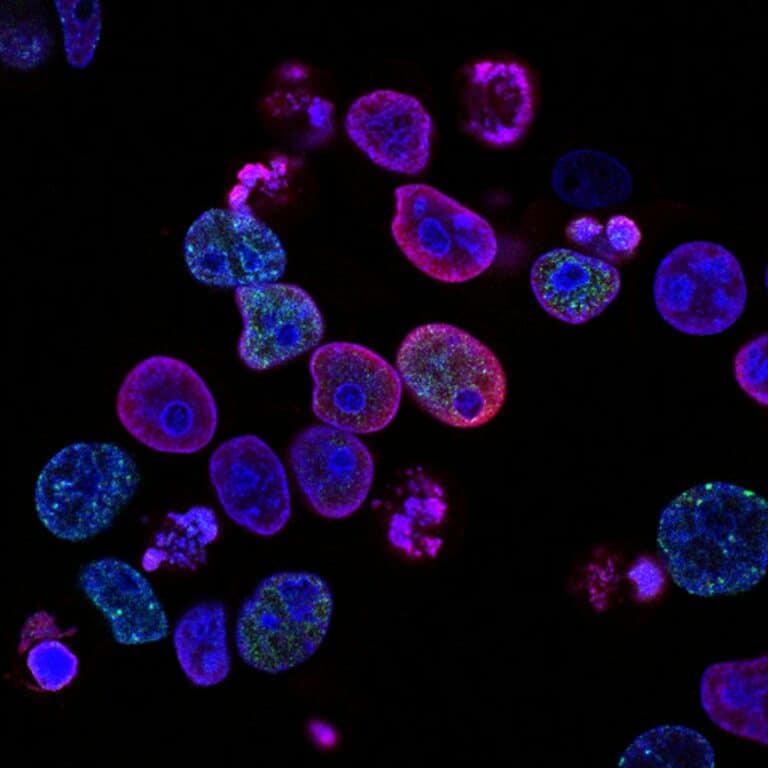The first step in passing the science GED test is to have a clear understanding of the test format. The science GED test includes 50 multiple-choice questions that must be completed in 90 minutes. The test is divided into three main content areas: Life Science, Physical Science, and Earth and Space Science.
The Life Science section covers topics such as human biology, genetics, and ecology. The Physical Science section covers topics such as chemistry and physics, and the Earth and Space Science section covers topics such as geology, meteorology, and astronomy.
It is important to note that the science GED test is not designed to be a test of memorization, but rather a test of reasoning and problem-solving skills. Questions will be presented in a variety of formats, including data analysis, experimental design, and scientific investigations.
To succeed on the science GED test, it is important to have a solid understanding of basic scientific concepts, as well as the ability to analyze data and draw conclusions. By understanding the test format, individuals can better prepare for the types of questions they will encounter on test day and develop a study plan that focuses on the areas where they need the most improvement.
Developing a Study Plan for the Science GED Test
The second step in passing the science GED test is to develop a study plan that allows for effective and efficient studying. It is important to set specific study goals and to create a study schedule that is realistic and manageable.
One effective way to approach studying for the science GED test is to focus on one content area at a time. For example, spend a week or two studying Life Science, then move on to Physical Science, and finally, Earth and Space Science.
When studying, it is important to focus on key concepts and to use a variety of study materials, such as textbooks, study guides, and online resources. It can also be helpful to create flashcards or study notes to help with retention of information.
It is important to allow for breaks and rest days in the study plan to avoid burnout and to ensure that the brain has time to process and retain the information learned.
Additionally, taking a GED preparation course can be a great way to receive structured guidance and support when studying for the science GED test. These courses are designed to provide individuals with a comprehensive review of the test content and can also provide helpful tips and strategies for approaching the test.
Overall, developing a study plan that is tailored to individual needs and learning styles is key to passing the science GED test. By setting specific study goals, focusing on key concepts, and utilizing a variety of study materials and resources, individuals can increase their chances of success on test day.
Tips for Mastering Science Content on the GED Test
To master the content on the science GED test, there are several tips and strategies that can be helpful.
- Familiarize yourself with key scientific vocabulary and terminology. This will help you better understand the questions and the answer choices.
- Understand the scientific method and the process of scientific inquiry. This will be important in understanding how to design experiments and interpret data presented in the test.
- Use diagrams, charts, and graphs to aid in understanding scientific concepts. Pay close attention to labels and units of measure to ensure accurate interpretation of the data.
- Practice making predictions based on given data and identifying trends and patterns in the data. This will help in the analysis of experimental data and in answering questions related to data interpretation.
- Understand basic scientific concepts, such as atomic structure, chemical bonding, and the laws of physics. Having a solid foundation in these concepts will help in answering questions related to the physical sciences.
- Study Earth and space science concepts, such as geology, meteorology, and astronomy. This will help in answering questions related to Earth and space science.
By mastering these tips and strategies, individuals can develop a deeper understanding of the scientific concepts covered in the science GED test. This will increase their chances of success on test day by providing the tools and knowledge needed to answer questions accurately and efficiently.
Taking Practice Tests to Prepare for the Science GED Test
Taking practice tests is an important step in preparing for the science GED test. Practice tests can help individuals identify areas where they need improvement, become familiar with the types of questions that will be on the actual test, and help to reduce test anxiety.
There are a variety of practice tests available online and in GED preparation books. These practice tests can be taken in timed or untimed formats, and can provide immediate feedback on the answers given. It is important to review the questions that were answered incorrectly to identify areas where more studying is needed.
Taking practice tests can also help individuals become more familiar with the format of the science GED test. The test is computer-based and includes a calculator that can be used for some questions. Becoming comfortable with the computer interface and calculator can help reduce test anxiety and increase test-day confidence.
It is also important to take practice tests in a quiet and distraction-free environment that mimics the testing environment. This will help individuals become familiar with the testing conditions and reduce the chance of surprises on test day.
Overall, taking practice tests is an essential part of preparing for the science GED test. By identifying areas where improvement is needed, becoming familiar with the test format, and reducing test anxiety, individuals can increase their chances of success on test day.
